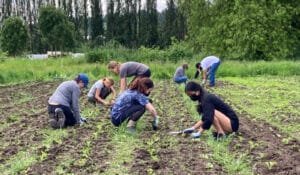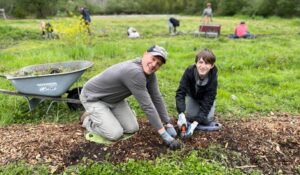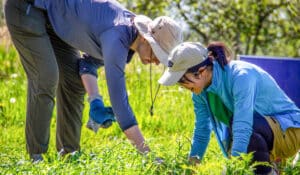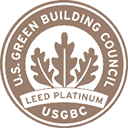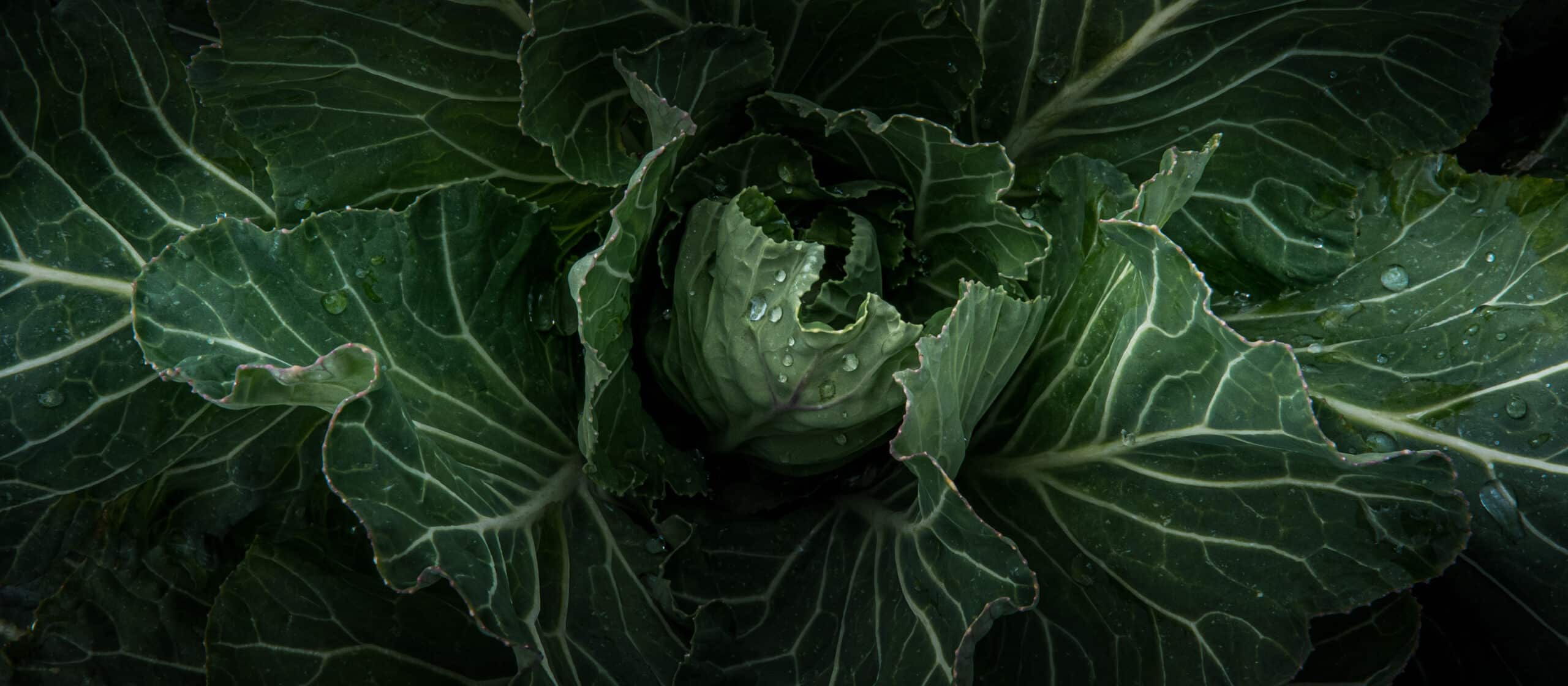
Pacific NW Salmon is a “Keystone Species”
Pacific NW Salmon is a “Keystone Species”
- posted on: December 23, 2017
- posted by: Robin Crowder
"*" indicates required fields

By Robyn Lynn, Sustainable Events Specialist
For most of us, salmon is the classic Pacific Northwest food that comes to mind when we think about our regional cuisine. A vital part of Coast Salish Native American tribal life and culture, salmon also a “keystone species” meaning that many other species depend on the strength of salmon runs for their survival. This fall 21 Acres celebrated the annual return of our iconic species with a Salmon Homecoming dinner where we paired a meal
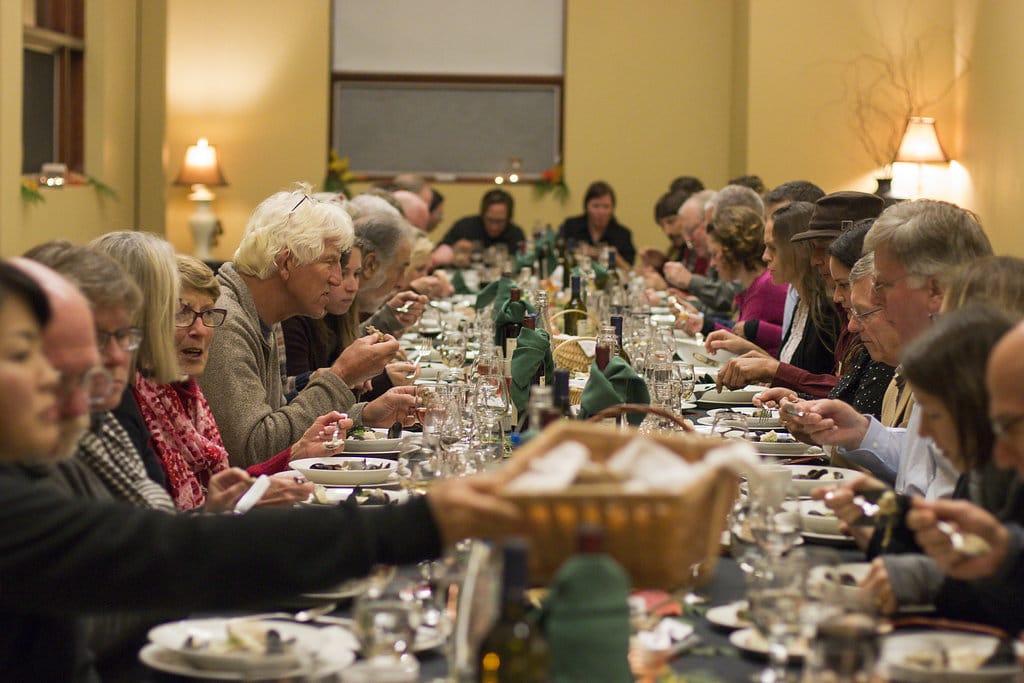
inspired by traditional foods of the Coast Salish people with music and storytelling from local activist, Paul Cheoketen Wagner, and education from MidSound Fisheries and Stewardship Partners. 21 Acres chef Asako spoke to the gathered audience about how she created the completely locally sourced meal and the importance of protecting our region’s food culture by actively choosing sources that safeguard the health of our unique marine and agricultural lands.
There is no question that our native salmon populations are facing steep declines due to habitat loss, pollution and ocean climate changes. Puget Sound Chinook salmon have been hit particularly hard, with population decreases of around 60% since NOAA (National Oceanic and Atmospheric Administration) began tracking in the mid 1980’s. Chinook were listed as an Endangered Species in 1999, but populations have continued to dwindle regardless.
The Washington State Department of Department of Fish and Wildlife has been working with a coalition of Puget Sound tribes to develop the “Comprehensive Management Plan for Puget Sound Chinook.” The intention of the plan is to enable rebuilding of natural Chinook Salmon populations in the Puget Sound area through a combination of commercial and recreational fishing controls, habitat restoration and species productivity improvements.
“The ultimate goal of this plan is to promote rebuilding of natural Puget Sound Chinook Salmon, to the extent possible in light of habitat constraints, so that natural Chinook populations will be sufficiently abundant and resilient to perform their natural ecological function in freshwater and marine systems, provide related cultural values to society, and sustain commercial, recreational, ceremonial, and subsistence harvest” (Comprehensive Management Plan for Puget Sound Chinook, December, 2017, p.1)
The plan has yet to be approved by NOAA and has generated concern from commercial and recreational fishermen already facing steep limits on their catches. Anglers, commercial businesses and fish and wildlife management agencies all seem to agree on one thing, however – the Puget Sound region must address the habitat losses that have come with growth and make improvements to current habitat before it is too late for native wild salmon.
Wondering what you can do to protect and improve salmon habitat? Here are some tips from our Salmon Homecoming Dinner:
* Use beneficial landscaping techniques such as rain gardens, rain barrels, green roofs and permeable paving to help reduce the need for chemical fertilizers and reduce runoff into ditches and storm drains.
* Scoop your pet’s poop. Pet waste is full of bacteria that can get washed into waterways and make people sick if they eat contaminated shellfish. Bag it and place it in the trash.
* If you’re a boater, manage your sewage wastes properly. Do not discharge treated or untreated sewage into our waterways. Many marinas provide sewage pump-out as a free or low cost service.
* If you keep livestock, follow manure management practices. Contact your local conservation agency for technical assistance.
* If your home or business uses a septic system, take time to learn how your system works and keep it properly maintained. Ask for maintenance advice from your local health agency.
* Maintain your car – prevent oil leaks and clean up fuel spills!
* Buy responsibly sourced local wild fish – 21 Acres sources its salmon from Lummi Island Wild, (Bellingham, WA) one of the most sustainable fisheries in the world. Please stop by for more information.
* Keep learning! Check out Midsound Fisheries and Stewardship Partners for more ways you can help.











 back to blog overview
back to blog overview

